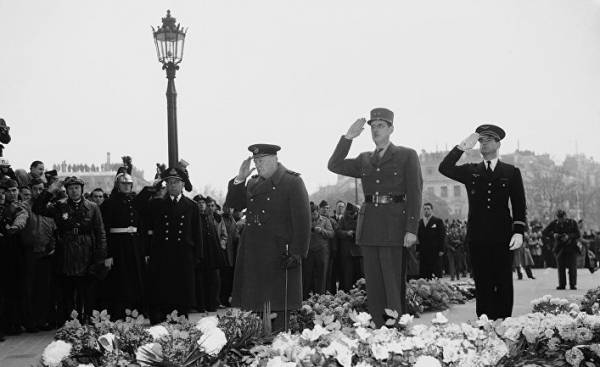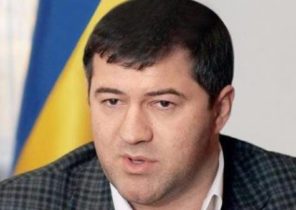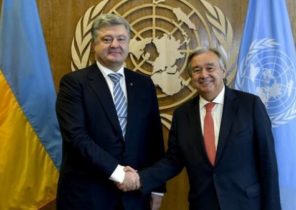
Brussels — According to the documents of the war Cabinet, placed in the period of self-isolation online, National archives (National Archives) and freely available, Winston Churchill, believed that the exasperated Charles de Gaulle intends to publish a joint announcement of victory in Europe before the 24 hours, however, believed the British Prime Minister, it was not possible to exert pressure on the French General and forcing him to change his mind.
75-anniversary of the Victory Day will be celebrated on may 8, however, General Dwight Eisenhower, Supreme commander of allied forces in Northwest Europe and the Soviet high command, in fact, received the documents of surrender of the Germans in the French city of Reims on 7 may 1945 at 2 hours and 41 minutes a night.
According to the transcript of a Cabinet meeting at 10 Downing street, which began at 6 o’clock and 30 minutes p. M. of that day, the result of long negotiations between the President of the United States Harry S. Truman and Soviet leader Joseph Stalin, an agreement was reached that the official announcement about the end of the war in Europe would be made “three great powers” may 8 at 9 a.m. in Washington, at 3 PM London, 4 PM in Moscow.
However, there was a potential problem, and is associated it was with the figure increasingly short-tempered and irritable leader of the free French.
“The members of the war Cabinet was informed that General de Gaulle intends to announce the surrender of Germany in his speech on the radio at 8 PM (may 7), — it is noted in the records of the meeting of the war Cabinet. — It was agreed that should inform De Gaulle about the plans about the timing of announcements by the governments of the United Kingdom, the United States and the Soviet Union, and recommend him to postpone his announcement until the appropriate time on 8 may. But if he refuses to follow this advice, you will not be able to put him under additional pressure.”
De Gaulle at the last moment agreed to postpone his formal presentation. Instead, he began his appeal simultaneously with Churchill on may 8. In his speech, the British Prime Minister, in particular, said: “We can afford a short period of rejoicing, but let us not at this point forget about the tremendous work and efforts that await us in the future.”
The war in the Pacific against Japan at this time was still going on, and while there was no indication that this country is ready to surrender.
The national archives in Kiev and London are closed during a pandemic coronavirus, however, digitized documents are freely available on the Internet, and you can download them.
Despite the end of the six years of war in Europe, a separate document containing the details of the conversation between the British Ambassador to France Alfred Cooper (Alfred Duff Cooper), French diplomat and head of the Cabinet of De Gaulle in London Palewski Gaston (Gaston Palewski), shed light on the possible cause of dissatisfaction with de Gaulle.
Complaining is not cordial in tone, the message of de Gaulle about the future of Syria, the disputed issue between the United Kingdom and France, Palewski informed Alfred Cooper that “the General was very upset yesterday, and the reason for this was obtained from the United States Ambassador a message saying that the French area (in occupied Germany) will not include the city of Cologne”.
“De Gaulle and attaches importance to the Cologne for strategic reasons, which he recently explained to me by using geographical maps,” — said Cooper from Paris to his Prime Minister in a diplomatic telegram.
And that’s what added the British diplomat the following message: “I told him that the occupation zone, from what I understand, there is no longer a biased position in relation to the boundaries, and that at the moment he should be grateful to the British and American troops during their occupation of more parts of Germany. In my opinion, there may come a time when he will regret about that they go.”
About the unfortunate state of relations between the British Prime Minister and de Gaulle at that time shows the message, sent at 11 o’clock 55 minutes PM on the Day of Victory, Churchill in Paris, Alfred Cooper under the heading “Personal” and “top secret”.
“We should later discuss the visit here this General. It might make sense for me to meet with him, without attracting attention, in the near future during my trip to France, but before that I must know he will not slam the door, and that I will not have any trouble,” — said in the message Churchill.







